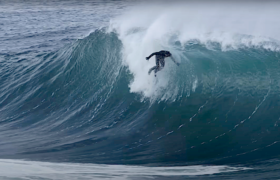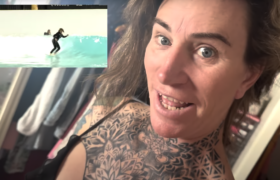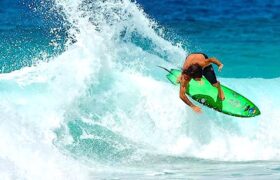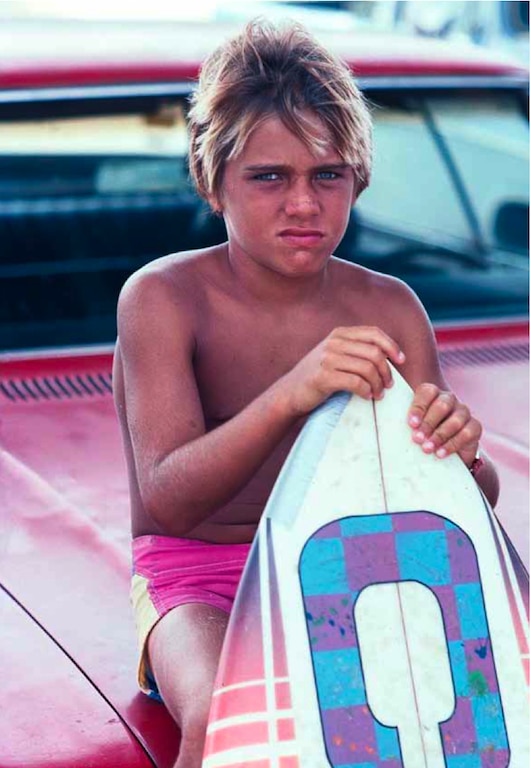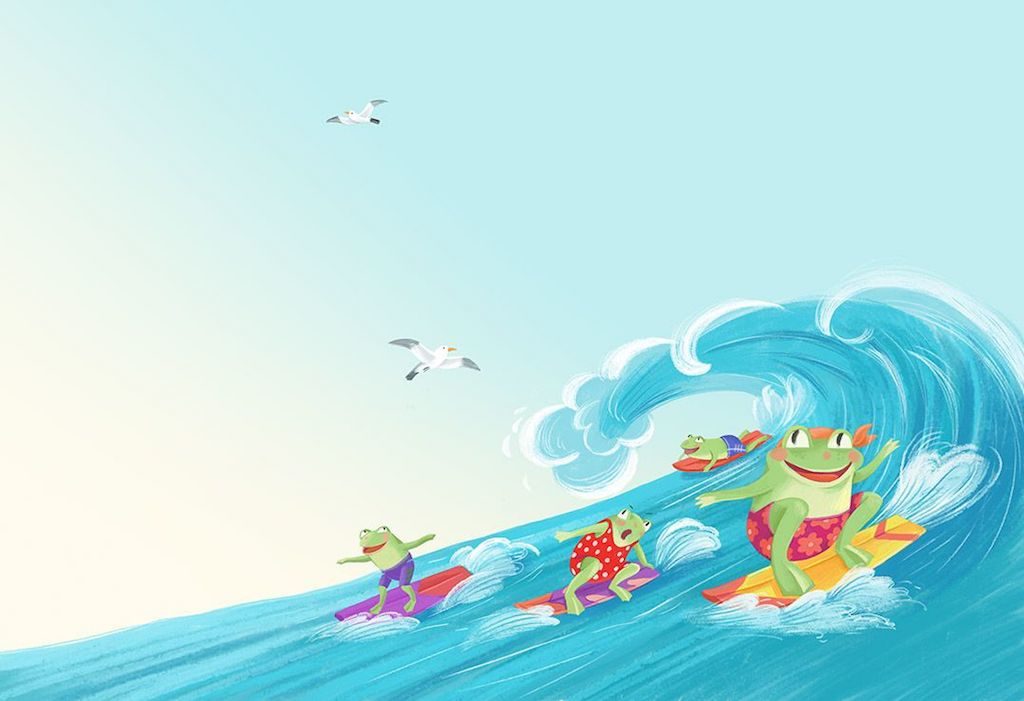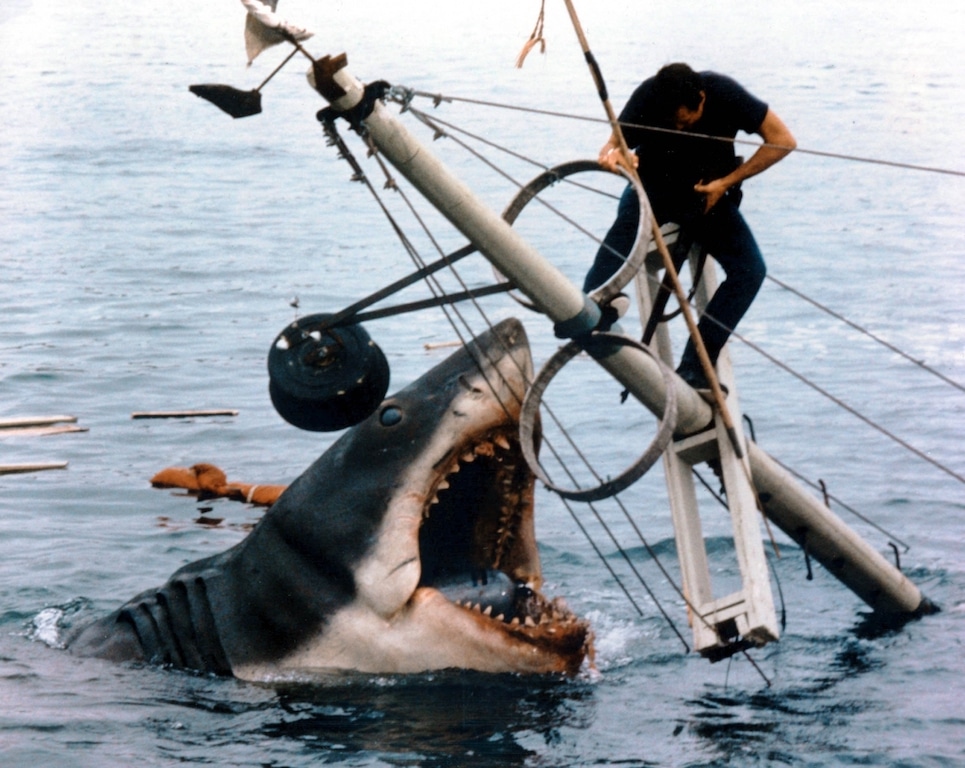Why the Orca is the surfer's new best friend…
Spring has sprung Downunder, which means, at least on the once bucolic but now rapidly gentrifying North Coast, the very worst time of year for surf. Also, statistically the highest chance of getting bit by a White shark.
An excellent reason to stay out of the water and practise the new sub-sub genre of surfing: seasonal quitting.
Except when an out-of-season swell arrives and all the local Byron-Ballina point breaks; some of the very best sub-tropical surf in the world is firing, which is what happened this weekend. It came with a full moon and very many bait-balls, diving birds and instructions from authorities on every local sign that surfing in bait-balls can be bad for your health.
BeachGrit numbers man Jazzy P surfed the Point mid-morning on a classic overcast sharky-as-fuck day and reported an encounter with a grey suit shadowing a bait-ball around mid-morning. Thankfully, the surfer’s new best friends in the war against maneating White sharks were close at hand and made a dramatic cameo.
The Orca, unlike the Swedish, the Spanish, the French, the Austrian or the Swiss adult learner, is not considered a common sighting in the sub-tropics.
On Saturday, a pod of thirty Orcas was sighted just offshore between Ballina and Lennox Head by local whale watching outfit Out of the Blue adventures with principal Dean Fuchs describing it as one of “the most amazing sights he had ever seen out on the ocean”.
While it is their talent in moving on White sharks which endears them to surfers, in Saturdays episode it was a hapless baby Humpback which ended up on the wrong side of the apex predators’ appetite.
According to his Facebook post, Mr Fuchs said a mother Humpback whale, a calf and a male escort Humpback whale were frolicking in the calm conditions when a pod of about 30 Orcas emerged.
The Orcas managed to separate the calf from the adult Humpbacks before drowning and devouring it.
Mr Fuchs said the Killer Whales then surrounded the tour boat for more than two hours and seemed to be celebrating their kill by bringing a bit of blubber over to the boat.
As reported in the local ABC news Jules Farrell, vice-president of the Organisation for the Rescue and Research of Cetaceans in Australia, said the kill off Ballina was classic Orca behaviour.
Ms Farrell said the animals followed the Humpback pods, particularly on their southern migration to Antarctica when they were travelling with juveniles. What was unusual about this kill, she said, was the Orcas devouring the entire calf instead of their usual practice of just eating the tongue and the cheeks as a “delicacy”.
Claims the disappearance of White sharks from Capetown’s False Bay have been caused by Orca predation have been disputed by marine biologist Dr Sara Andreotti.
She said, “I cannot believe that two Orcas would make an entire White shark population disappear from the most important site around the coastline”.
It does seem feasible though that the Ballinese Orca pod, capable of feasting on an entire whale and showing off by bringing blubber to tourists could easily eradicate, or at least intimidate out of the area, the troublesome Byron-Ballina White shark aggregations.
Or is that just wishful thinking?
Today, and just to celebrate, I surfed the sharkiest wave in the area and felt deliciously safe thanks to our Orca pals.
